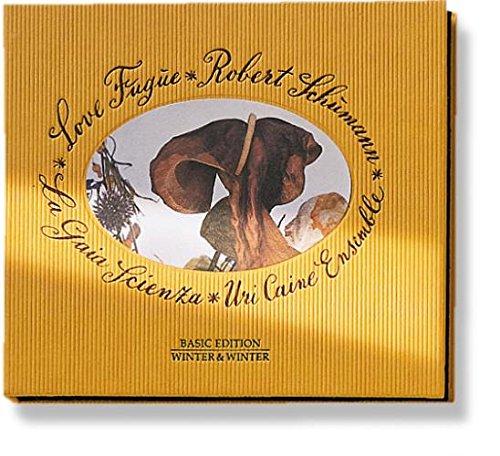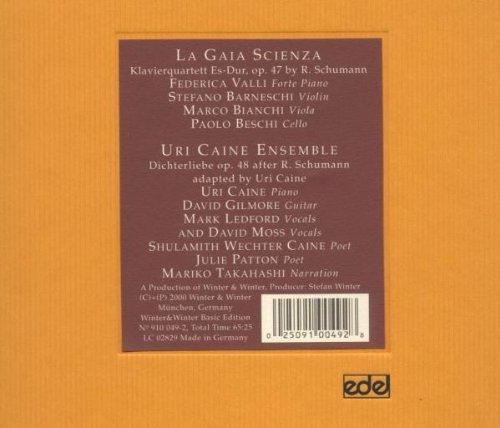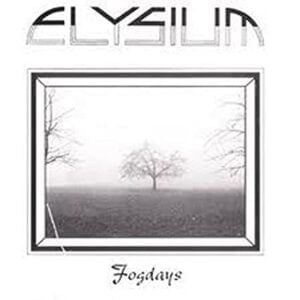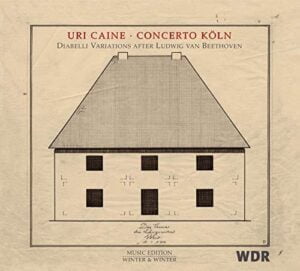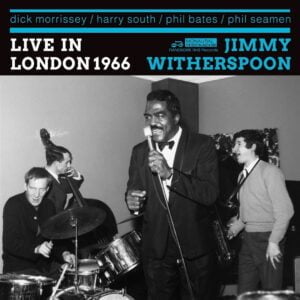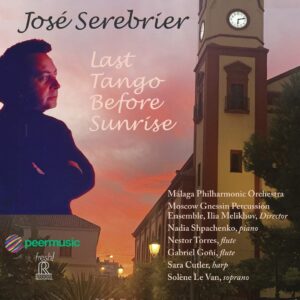obert Schumann possessed a broad literary culture. For some time he actually hesitated as to whether he was meant to be a musician or a writer. “I don’t know clearly yet what I actually am” [“Was ich eigentlich bin, weiß ich selbst noch nicht klar”], he wrote in his diary at the age of seventeen. “Posterity will decide whether I am a poet, because you can never become one” [“Ob ich ein Dichter bin – denn werden kann man es nie – soll die Nachwelt entscheiden”]. As a young man he wrote many poems and his well known passion for Jean Paul, Joseph Eichendorff, E.T.A. Hoffmann or Heinrich Heine inspired him not only in his life – which he so willingly transformed into literature – but also in his music. Although the influence of literary fiction and imaginary worlds can be sensed in one form or another in many of his early piano works, his natural union with voice was not realized until 1840, the year he married Clara Wieck, after having overcome stormy times and a lengthy trial. That year was marked by an extraordinary flourishing of songs. “Ah, Clara, writing songs is truly a blessing” [Ach, Clara, was das für eine Seligkeit ist, für Gesang zu schreiben], confesses Schumann, overwhelmed by the tide of his own creativity. Its fruits cannot but leave us astonished: within a period of a few months more than a hundred songs were born [the cycles and collections span from op. 24 to op. 57] – an inexhaustible love offering to Clara. “Ah, I cannot do anything else, I’d like to sing till death like the nightingale” [“Ach, ich kann nicht anders, ich möcht mich tot singen wie die Nachtigall”], is to be read in a letter dated May 15 of that year.


